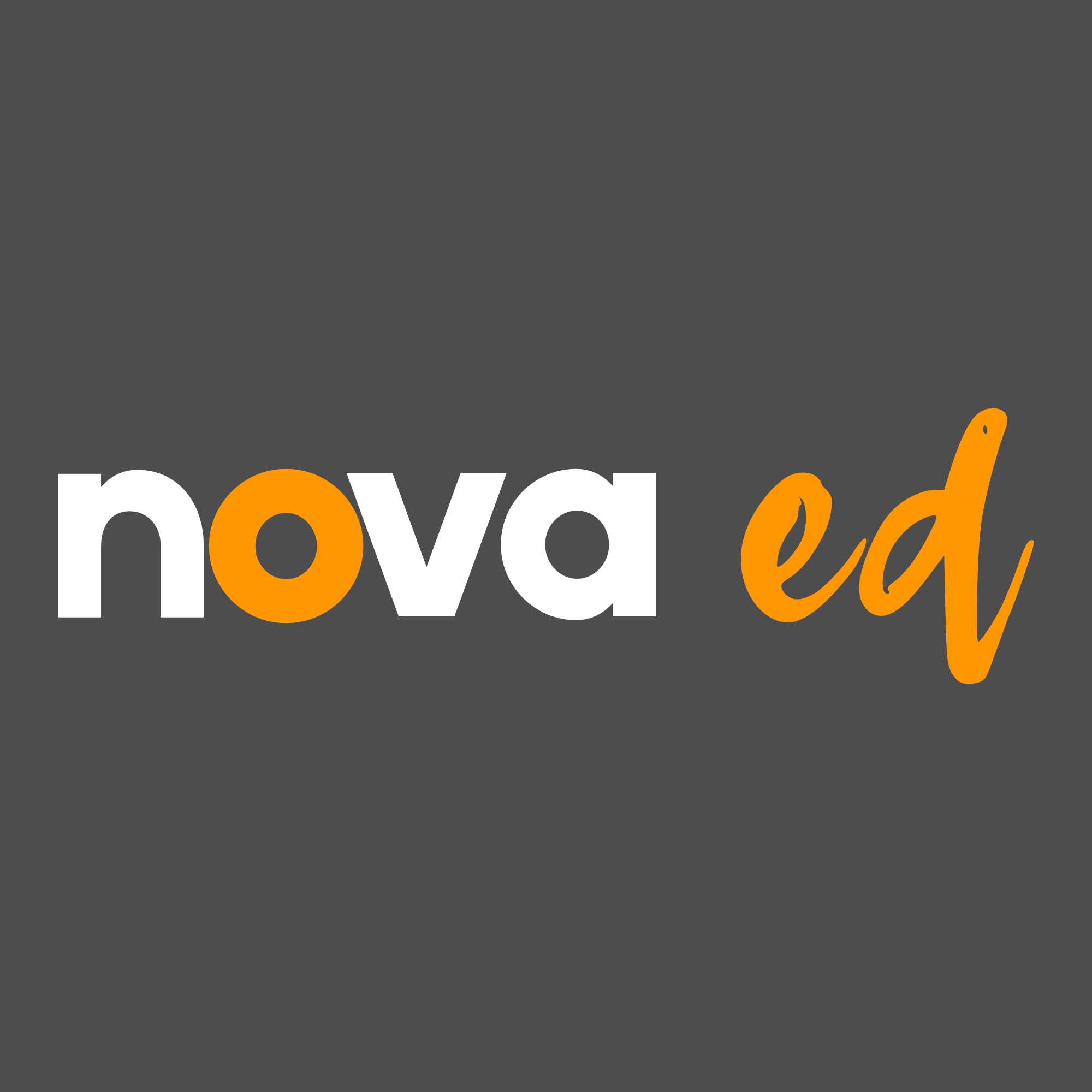How AI Is Transforming Homework in International Classrooms
26, Sep 2025
86
How AI Is Transforming Homework in International Classrooms
In 2025, artificial intelligence (AI) has become an established component of education systems worldwide, with high rates of adoption reported among teachers and students alike. AI is increasingly integrated across various aspects of learning, shifting from early experimentation to regular use in classrooms, administrative tasks, and student assignments. For example, recent data shows that 89% of students globally have used AI for homework, and a majority of teachers have incorporated AI tools for planning and instructional support.
International schools, notably in countries like China, are adapting to these developments by embedding AI literacy into curricula and providing professional development for educators. As AI tools become more prevalent in homework and day, to, day learning, understanding their impact is increasingly relevant for parents and educators seeking to navigate the opportunities and challenges of modern education.
At the same time, consulting firms and education innovators such as Novateur Education Consulting and NovaEd are exploring how best to leverage AI and EdTech to bring clarity, personalization, and efficiency across the student journey—bridging the often complex expectations of parents, institutions, and learners themselves.
The Evolving Role of Homework in 2025
Homework continues to generate considerable discussion in education, as perspectives differ about its value and impact on students. With the integration of artificial intelligence (AI) in educational environments, homework practices have increasingly shifted toward adaptiveness and measurable outcomes, reflected in several key trends:
- Personalized Learning Pathways: AI-based systems now enable assignments to be tailored in real time to match individual student learning needs. These systems assess classroom performance and dynamically create homework that targets both areas requiring support and opportunities for advancement, making learning more efficient and engaging.
- Intelligent Feedback Mechanisms: Rather than waiting for traditional teacher grading, students receive prompt analysis and explanations from AI platforms. This immediate feedback allows students to understand mistakes and improve iteratively, turning homework into an interactive and instructive activity rather than repetitive practice.
- Workload Coordination: AI tools help manage and balance overall student workload by monitoring assignments across subjects. This supports healthier learning routines and addresses concerns around student stress and overwork by distributing assignments more evenly.
- Multimodal Engagement: Homework now incorporates diverse digital resources such as gamified activities, simulations, and AI-powered virtual reality experiences, broadening how students participate in and benefit from home learning.
These developments underscore the role of AI in making homework more individualized, interactive, and manageable, grounded in recent educational research and technological advancements.
Benefits for Families
In China and other regions, families are observing notable changes as AI-powered homework and learning solutions become more common. AI-enabled learning platforms often provide parents with real-time dashboards showing student progress and learning trends, which helps families stay informed without the need for guesswork or excessive hands-on involvement. These systems may also generate learning resources in multiple languages, supporting improved access to international curricula and reducing language barriers for both students and parents. The availability of instant feedback, personalized support, and collaborative tools fosters a home learning environment where students are empowered to work independently, while families remain engaged and stress levels decrease.
Benefits for Schools
International and bilingual schools are experiencing operational enhancements linked to the adoption of AI technologies for homework and instruction. Automated grading systems and classroom analytics allow teachers to reallocate time toward personalized mentorship and lesson planning, improving educational outcomes across diverse classrooms. School administrators and teachers gain valuable data-driven insights regarding class-wide strengths and learning gaps, which aid in tailoring lessons and identifying students who may need additional support before challenges become significant. Overall, homework now serves as a more diagnostic and adaptive tool, promoting timely interventions and boosting institutional effectiveness.
AI: A Learning Tool, Not a Replacement
As artificial intelligence (AI) becomes an established part of educational environments, ongoing discussion focuses on the best ways students can use this technology to enhance, rather than replace, essential learning processes. Research highlights potential pitfalls, such as the risk of overreliance, where students may use AI tools predominantly to obtain answers rather than engage with the underlying concepts.
- Preserving Critical Thinking: Although AI systems are capable of supplying solutions and explanations, educational experts underscore the importance of task design that requires students to interpret, evaluate, and question information independently. Assignments should be structured to ensure that students apply their reasoning skills, using AI for supplementary guidance only.
- Cultivating Analytical Skills: AI platforms can efficiently identify trends in a learner’s performance; however, reflection and self-assessment—the practices of analyzing why mistakes occurred and developing strategies for improvement—remain uniquely human abilities integral to cognitive growth.
- Encouraging Creativity and Originality: While generative AI can support idea generation and problem-solving, an overdependence on AI and AI-generated content risks limiting the diversity and originality in student work. Educators recommend positioning AI as a resource for inspiration rather than a device that substitutes for student creativity.
- Developing Digital Literacy: Responsible use of AI prepares students to discern the role and limits of technology in their education. Integrating digital literacy into curricula is recognized as essential, helping students develop judgment, integrity, and adaptability in a technology-rich world.
A balanced approach emphasizes that AI should partner with students in the learning process, building mastery and resilience while preserving the irreplaceable value of human intellectual engagement.
The Future of Homework
By 2026, artificial intelligence (AI) is expected to play an even more integral role in international schools throughout China, reflecting ongoing trends toward adaptive and student-centered educational environments. Anticipated advances include the development of conversational AI tutors that can engage with students to support revision and foster creativity, alongside predictive analytics capable of identifying learning challenges before they develop. New solutions are also poised to integrate generative AI in ways that both inspire original work and uphold academic integrity.
Organizations such as NovaEd and Novateur are positioned to help guide these innovations, collaborating with families and educational institutions to ensure the ethical and effective integration of AI. Their focus remains on student well-being, alignment with parent expectations, and the development of future-ready skills and global citizenship.
Final Takeaway
Advancements in AI are redefining—rather than removing—the role of homework in education. While technology can elevate the learning experience through enhanced personalization and timely support, the foundational goals remain unchanged: cultivating critical thinking, resilience, analytical skills, and creativity. As parents consider educational options, the questions are shifting from the quantity of homework assigned to the quality and balance of the home learning experience.
For families, schools, and educational organizations navigating these changes, Novateur Education Consulting and NovaEd serve as reliable partners—already providing support to parents today and actively exploring new possibilities for AI-driven innovation in the years ahead.
share Share now








